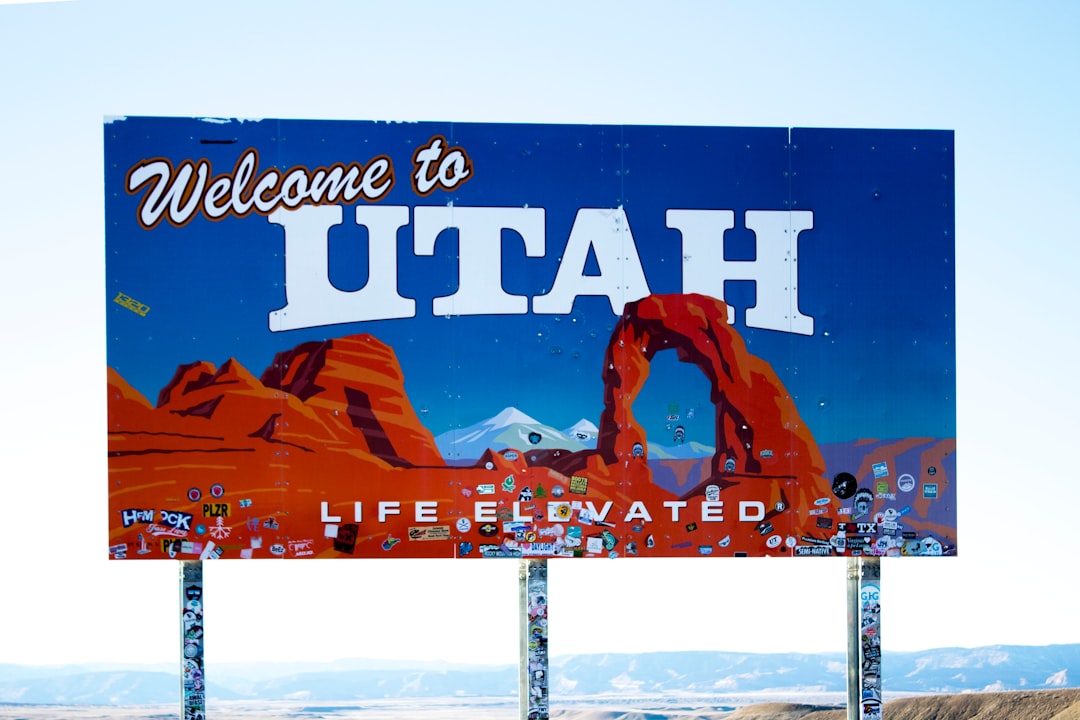Utah's strict spam laws protect consumers from unsolicited bulk text messages by defining spam as any electronic message sent without prior consent. Businesses must obtain explicit opt-in consent and provide easy opt-out mechanisms to comply, facing significant fines for non-compliance under the Utah Unfair or Deceptive Acts Act and Utah Consumer Sales Practices Act. The Utah Division of Consumer Protection and Utah Department of Commerce enforce these laws, with public awareness campaigns and collaboration among stakeholders crucial in staying ahead of evolving spammer tactics.
In the digital age, Utah residents face a persistent challenge from unsolicited spam messages. This article delves into the legal standards governing spam texts within the state, exploring how Utah’s legislation protects consumers and outlines permissible practices for businesses. From defining spam to understanding consumer rights and enforcement strategies, we provide a comprehensive guide on navigating Utah’s spam laws in an increasingly digital landscape.
Understanding Spam Texts: Definition and Legal Framework in Utah

Spam texts, or unsolicited bulk messages, have become a ubiquitous yet nuisance in modern communication. In Utah, just like many other states, there are strict laws in place to combat this issue and protect consumers from unwanted messaging. The definition of spam varies slightly across jurisdictions but generally includes any electronic message sent in large quantities without prior consent. These messages can be in the form of text, email, or even social media posts.
Utah’s spam laws are designed to maintain a balance between preventing consumer harassment and ensuring businesses can reach their target audiences. The Legal Framework for Utah’s spam texts involves strict regulations on how companies can obtain and use consumer contact information. Businesses must obtain explicit consent from individuals before sending promotional messages, and failure to adhere to these rules can result in significant fines. Understanding these legal standards is crucial for both businesses looking to comply with the law and consumers seeking relief from unwanted communication.
Legal Standards and Regulations for Spam Messages in Utah State

In Utah, the legal standards and regulations governing spam messages, particularly spam texts, are primarily outlined in the state’s consumer protection laws. The Utah Division of Consumer Protection plays a crucial role in enforcing these rules, ensuring that businesses and individuals adhere to ethical marketing practices. The key piece of legislation here is the Utah Unfair or Deceptive Acts Act, which prohibits companies from engaging in deceptive or unconscionable acts in their business practices, including unauthorized text messaging for promotional purposes.
Under these laws, businesses must obtain explicit consent from recipients before sending spam texts, often through opt-in systems. They should also provide a clear and straightforward way for users to opt out of future communications. Failure to comply can result in significant fines, with penalties increasing for repeated offenses. This strict regulation aims to safeguard Utah residents from unwanted and deceptive marketing practices, ensuring their privacy and peace of mind.
Consumer Rights and Protections Against Spam Texts in Utah

In Utah, consumer rights and protections against spam texts are enforced by the state’s telecommunications regulations. The Utah Department of Commerce plays a crucial role in overseeing these laws, ensuring that businesses adhere to strict guidelines when sending unsolicited text messages. The primary legislation targeting spam texts is the Utah Consumer Sales Practices Act (UCSPA), which prohibits deceptive or unfair practices in the course of business, including excessive or annoying text messaging.
Consumers in Utah have several rights and remedies if they receive spam texts. They can file complaints with the Utah Department of Commerce, which may investigate and take legal action against violators. Additionally, recipients are entitled to opt-out of future text messages by replying “STOP” to the sender. This simple action effectively blocks further unsolicited communication, providing a practical way for Utahns to protect their privacy and peace of mind from intrusive spam texts.
Enforcing Spam Laws: Challenges and Effective Strategies in Utah's Digital Landscape

In Utah, as across the nation, enforcing spam laws presents unique challenges in today’s digital era. With advancements in technology and communication channels, it has become increasingly difficult to distinguish legitimate marketing efforts from unwanted and fraudulent spam texts. This is further complicated by the rapid evolution of tactics employed by spammers, who often exploit loopholes and utilize sophisticated methods to bypass existing regulations. The state’s legal framework regarding spam texts plays a pivotal role in protecting residents from intrusive and deceptive messaging.
To counter these challenges, Utah’s authorities have implemented several effective strategies. These include stringent enforcement policies, regular updates to legislation, and increased public awareness campaigns. Aggressive prosecution of spamming incidents has deterred many potential offenders, but it remains a continuous battle. Collaboration between law enforcement agencies, consumer protection organizations, and industry stakeholders is crucial in staying ahead of emerging trends. Additionally, educating the public about their rights and privacy protections empowers individuals to take proactive measures against unwanted spam texts.






